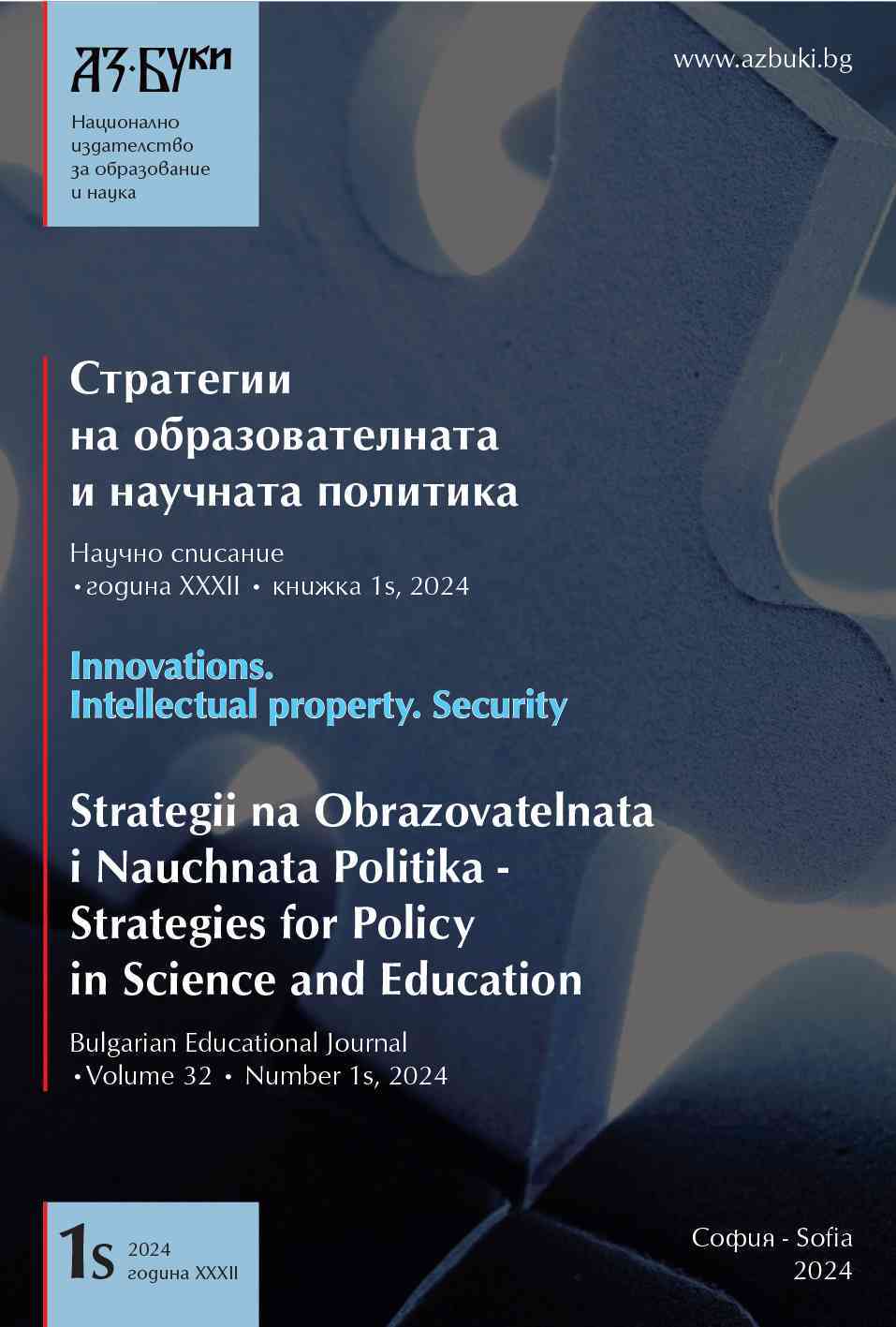Competitiveness as a Result of Creativity and Innovation
Competitiveness as a Result of Creativity and Innovation
Author(s): Nikolay Krushkov, Ralitza Zayakova-KrushkovaSubject(s): Social Sciences, Economy, Education, National Economy, Sociology, Higher Education , State/Government and Education, Sociology of the arts, business, education, Economic development, Globalization, Socio-Economic Research, Sociology of Education
Published by: Национално издателство за образование и наука „Аз-буки“
Keywords: creativity; innovation; competitiveness; security; entrepreneurship
Summary/Abstract: The aim of this article is to highlight that critical thinking and creativity generate innovation that is at the core of long-term competitiveness. The creation of culture of critical thinking and creativity should start with the education system – in primary and secondary schools, then it should find its way in science and research activities of institutes and universities, and finally, it should be implemented at all business levels – with the purpose of achieving systemic innovation. It is only in the conditions of a strategic education-science-business synergy, in an environment of promoting critical thinking, creativity and innovation, that long-term competitiveness is possible, which can result in large-scale development of nations, societies and businesses. The achieved level of competitiveness should in its turn be protected against external and internal threats by introducing security measures that include the entire system of physical, technical, information and procedure security, while recognizing and protecting intellectual property and trade secrets. In terms of relevance and methodology, this article reviews existing significant challenges to innovation and competitiveness management; questions are proposed demanding further research in the field of regulations, as regards leading innovation in a global context. Conclusions are drawn about the need of strategic synergy of the priorities of state policies in the fields of science, education and business. It is stated that only coordinated long-term prioritization and planning in economy, science and education, which involves development of focused scientific research in priority sectors (industries) and creation of staff predominantly for these priority sectors of national business development, can ensure long-term competitiveness, sustainability and growth.
Journal: Стратегии на образователната и научната политика
- Issue Year: 32/2024
- Issue No: 1s
- Page Range: 7-25
- Page Count: 19
- Language: English
- Content File-PDF

